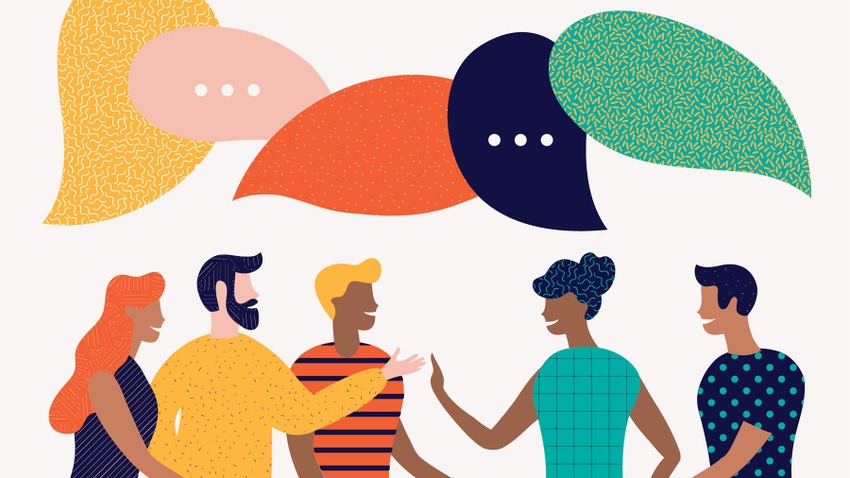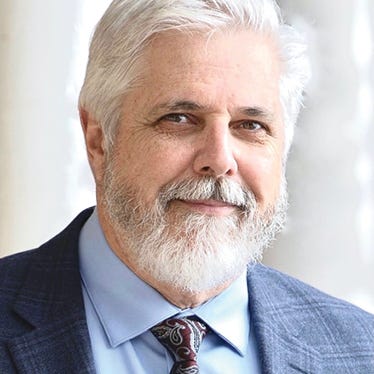November 24, 2023

Musicians struggled in the early 1980s — but not because of sex, drugs, or rock and roll, the usual causes.
Instead, for many of them, their nemesis was video.
And it’s all because of MTV. When the music channel debuted in 1981, musicians had to become actors overnight. Video support for new releases was a key to success, and performers went from fronting a band to following a script.
Some pushed back, arguing that’s not what they signed up for or were good at.
But for others who went from playing guitar to playing gamblers and outlaws on TV, things worked out pretty well. Just ask Dolly Parton, Willie Nelson or Kris Kristofferson. Showing you could act opened doors. A new day had arrived.
Now, 40-plus years later, agriculture is facing a similar scenario.
People who produce food (i.e., farmers) are being asked to talk about it, not just raise it. And the reporters and editors who cover farmers are being urged to become increasingly public, get known to their audiences and become more than bylines.
This time though, the catalyst is artificial intelligence.
AI: Good and bad
AI can be effective for rapidly gathering information on a topic and for doing research on a limited basis. Its proponents say it saves a lot of time and searching.
However, depending on its sources, AI can also accidentally or intentionally misinform audiences who don’t know fact from fiction, or right from wrong.
That’s a problem all around — for people seeking honest information, for farmers working to tell their stories, and for journalists caught in the middle, trying to make a living.
That challenge is everywhere. For example, a visiting lecturer in my international agricultural communications class, German dairy magazine editor Christine Stöcker-Gamigliano, told us she and her colleagues are endeavoring to counter AI’s influence by taking measures to become more visible to their audience.
That means increasing their online profile, telling their audience about their professional pedigree and being seen through measures such as portrait photos beside bylines.
“I want readers to know that I’m from a dairy farm, that I know what I’m doing, and that they can trust me,” Stöcker-Gamigliano says. Trust is enhanced if journalists and their audiences develop a relationship through the pages of her magazine and its website. “We are better than AI,” she says, “and worth being paid.”
MTV taught us that all musicians are not good actors. And similarly, not all writers easily become media personalities. But if it means helping secure your audience, maybe training in presentation skills and self-promotion are in order.
The same goes for farmers. Most people don’t know a farmer, personally. That means it may be easy for them to get duped by a bot, or worse, by an activist bot trying to influence thinking about modern agriculture or sources of production.
But although people may not know you, they inherently trust you. Through social media, they can get to know you. Commodity groups have professional communicators on staff who will be glad to help you nurture an honest online relationship with the public.
And here’s the good news: As Buck Owens, The Beatles and Dwight Yoakam all said via the same song, all you gotta do is act naturally. Your audience awaits.
Read more about:
CommunicationAbout the Author(s)
You May Also Like






